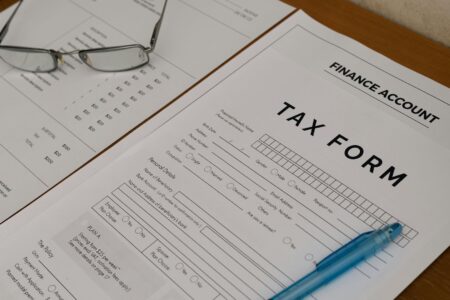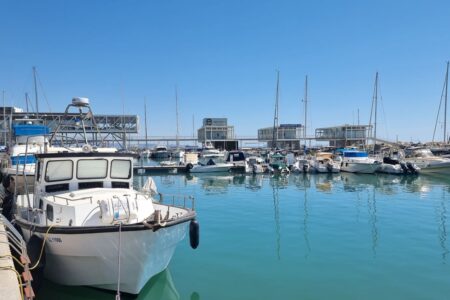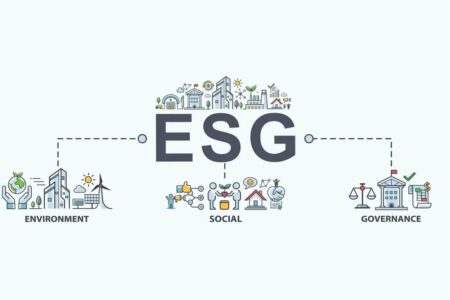Contents
- 1 Difference Between Plot and Land in Cyprus
- 1.1 Land
- 1.2 Plot
- 1.3 Zoning and Regulations
- 1.4 Plots for the Construction of Residential Facilities
- 1.5 Commercial Plots
- 1.6 Plots for Agriculture
- 1.7 Building Restrictions on Agricultural Land
- 1.8 Selection of Sites for Entertainment Centers
- 1.9 Price of Land Plots
- 1.10 Professional Assistance
- 1.11 How to Choose a Building Site
Difference Between Plot and Land in Cyprus

Plots for the Construction of Residential Facilities
If you dream of building your own home, purchasing a plot of land is the first step toward realizing that dream. Coastal areas and plots located near the coast are traditionally the most sought after. However, it is essential to remember that not all plots are suitable for residential construction.
When buying a plot in Cyprus for building a residential property, it is advisable to focus on planned plots that come with necessary utilities and infrastructure. These plots ensure comfortable living in a community of similar-minded neighbors. Additionally, residential areas on the island are designed with infrastructure and parks, enhancing the overall convenience and quality of life for residents.
Once you purchase a plot for residential development, the next step involves designing a house based on the permitted building parameters and obtaining the necessary construction permit. Construction can only begin after securing this permit.
Buying land for residential construction offers many opportunities for foreign buyers, including the possibility of accessing loans. However, it is important to note that the maximum size of a plot that can be purchased by a single foreign citizen is limited to 4,000 square meters. If you wish to acquire a larger plot, you might consider registering the land in the names of multiple adult family members or through a legal entity, allowing you to bypass individual restrictions and explore additional investment opportunities in Cyprus.
After obtaining the title deed for the plot, it’s crucial to find a reliable construction company. Review the track record of developers, including their ratings and reviews, and ensure you maintain independent oversight throughout the construction process to ensure quality and compliance.
Commercial Plots
Commercial plots, initially designated as industrial zones, are intended for the construction of factories, warehouses, and other commercial facilities. These industrial zones are typically located on the outskirts of cities, where the government allocates large tracts of land. Once these areas are zoned, interested parties can lease plots for commercial use, subject to approval by the Land Department. The minimum lease term for land in such zones, particularly for the construction of a factory or industrial facility, is at least 49 years, with the possibility of extension.
Plots for Agriculture
When selecting and purchasing land in Cyprus, it is crucial to consider the intended use of the land. This is an important factor that will dictate how the land can be used in the future.
Agricultural land is the most common type of land on the island, found in every region of Cyprus, often far from the sea and urban areas. This land is ideal for farming activities, such as growing crops or establishing a farm. For example, you can grow potatoes and harvest multiple crops annually, or set up a livestock farm. Agricultural land provides an opportunity to engage in farming and agribusiness in Cyprus.

How to Choose a Building Site
Choosing the right building site is a critical step in any construction project. Here are some key steps to guide you through the process:
-
Define Your Purpose:
- Determine the purpose of the land—whether it’s for residential, commercial, agricultural, or other types of development. This will influence your choice of location, size, and zoning requirements.
-
Assess Your Budget:
- Establish your financial capabilities, including not just the cost of the land but also the budget for construction and any necessary infrastructure. Understanding your budget will help you narrow down suitable options.
-
Select the Right Location:
- For Commercial Real Estate: Look for locations with high foot or vehicle traffic, proximity to other businesses, and accessibility to customers.
- For Residential Buildings: Consider the availability and proximity of essential utilities such as water, electricity, and sewage. Also, evaluate the neighborhood’s safety, amenities, and future development potential.
-
Compare Options:
- Take your time to review multiple properties. Compare them based on factors such as price, location, land size, zoning regulations, and any potential for appreciation in value. Weigh the pros and cons of each option to make an informed decision.
-
Consult with Experts:
- Engage with reliable and trusted real estate professionals who can assist you in finding and evaluating suitable sites. These specialists can offer insights into the local market, property values, and potential development opportunities.
-
Legal Support:
- Ensure all transactions are conducted with the support of experienced real estate lawyers. They will help you navigate legal requirements, verify property titles, check for any encumbrances, and ensure that all necessary permits are in place.
By following these steps, you can confidently choose a building site that meets your needs and aligns with your financial and development goals.
















